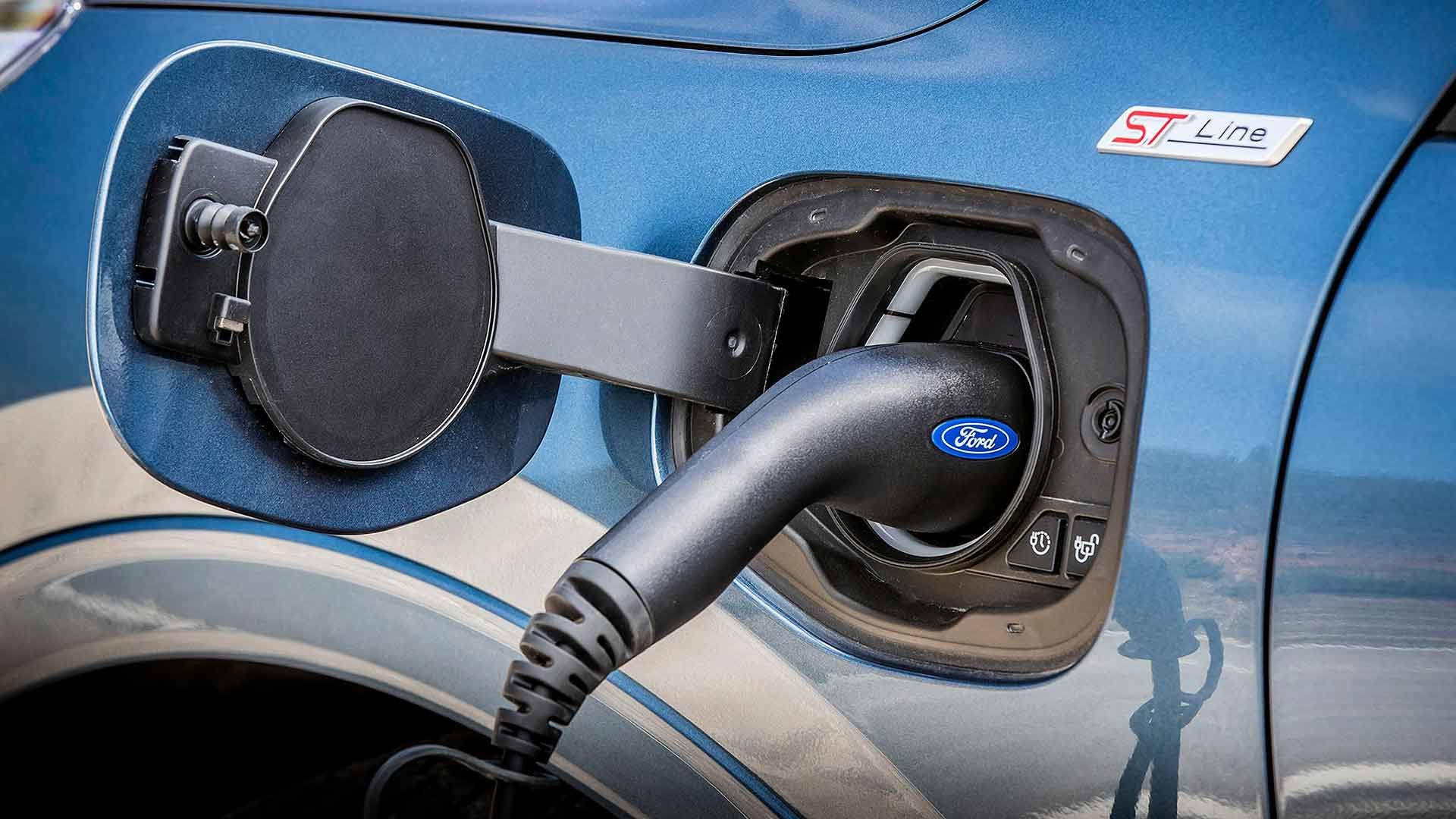
British motorists are turning to electric vehicles in ever-greater numbers but the rapid growth of EVs is under threat from a below-par charging infrastructure warns the Society of Motor Manufacturers and Traders.
Speaking at the organisation’s 104th Annual Dinner, SMMT president Dr George Gillespie said there are already more than 115 zero emission capable vehicles on sale in the UK and the industry “has inspired the public to buy these exciting vehicles in numbers never seen before.
“But here is the twist. It is so frustrating to find broken chargers, blocked chargers, multiple apps, confusing payment schemes.
“This is quickly going to turn a lot of people off electric vehicles and all our work in developing these fantastic vehicles will be wasted.”
The warning was delivered to a guest list that included automotive industry executives, media, and other stakeholder representatives – including government.
Plans – and mandates?
The SMMT is calling for long-term strategies to address the challenges faced by the UK automotive industry, with a particularly focus on upping the pace of EV charging infrastructure.
“As electric vehicle sales race ahead,” said SMMT chief executive Mike Hawes, “on-street charging infrastructure is increasing slowly.
“We look to government to create the conditions – maybe mandate the conditions – to accelerate the infrastructure across the country, as we need others to match our speed.”
The SMMT says more plug-in electric cars will be sold in 2021 than in the entire previous decade, and a third of British-built cars are now electrified.
Automotive manufacturing, it adds, is Britain’s most valuable export, with around 155,000 people employed in “highly skilled, well-paid jobs across the country.
“Manufacturers are firmly committed to decarbonise cars and vans by 2035.”
ALSO READ
Man wraps Mini Electric in 2,000 Christmas lights for charity
It does not make sense to improve infrastructure for EVs. We currently still have 30% – 40% of electricity generated by fossil fuels. If we have more people using EVs, we will have to generate a lot more electricity using fossil fuels. Due to huge waste in coverting thermal energy to electric plus waste in battery storage, we will damage environment much more than now. SMMT should stop promoting EVs so it will not cause much bigger problems.
Where I live one of the smaller housing associations has already banned the installation of EV charging units and warned tenants that, because of the potential fire risks, tenants using ‘Granny cables’ could be breaching their tenancy agreements. Their line is if you want one make sure you’ve got access to a public charging point. The issue apparently is that their 1950s/1960s ex-council properties will need re-wiring to safely handle the extra load and they simply don’t have the funding for it. This is a lot more complicated than the government is making out.